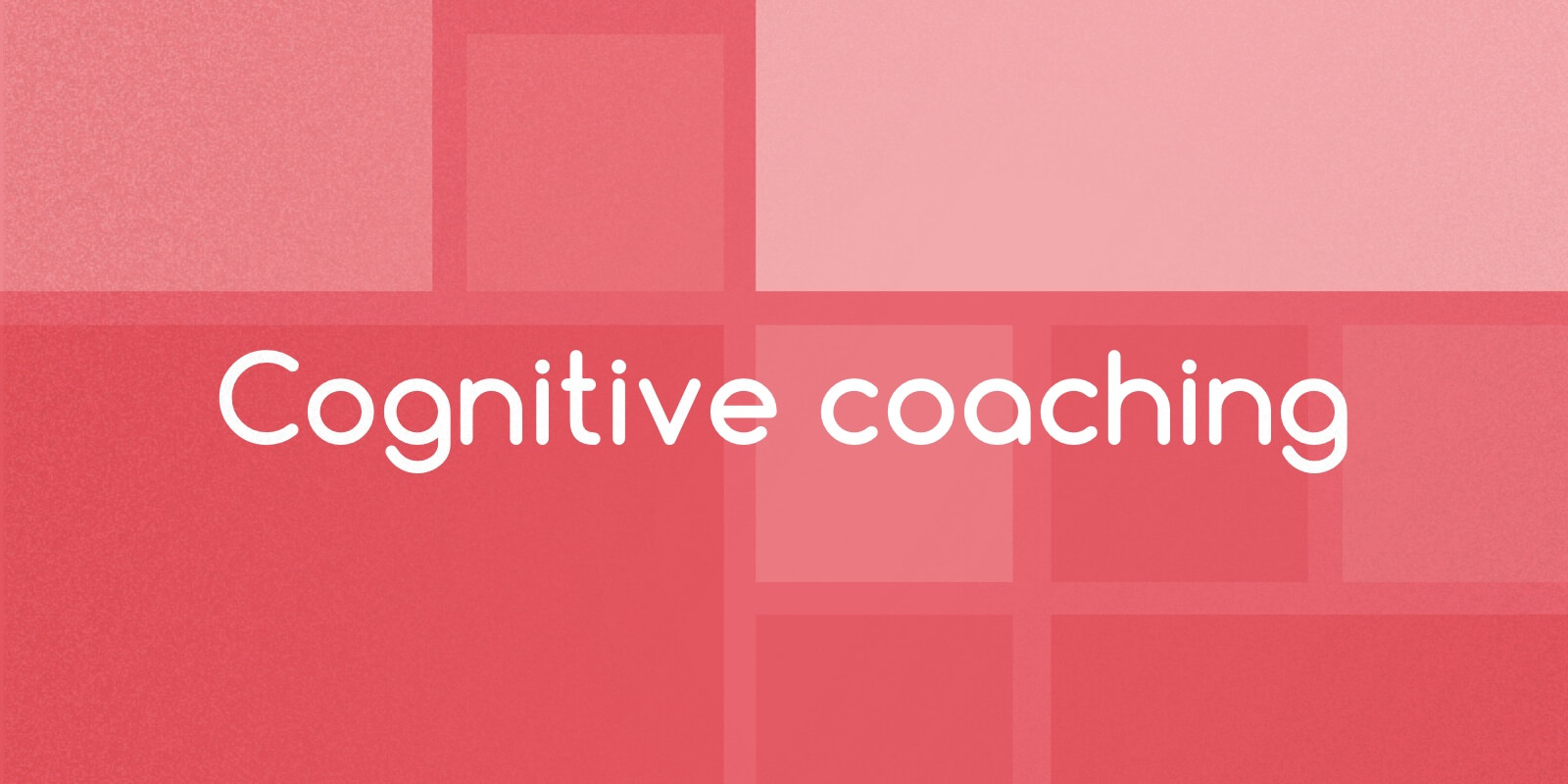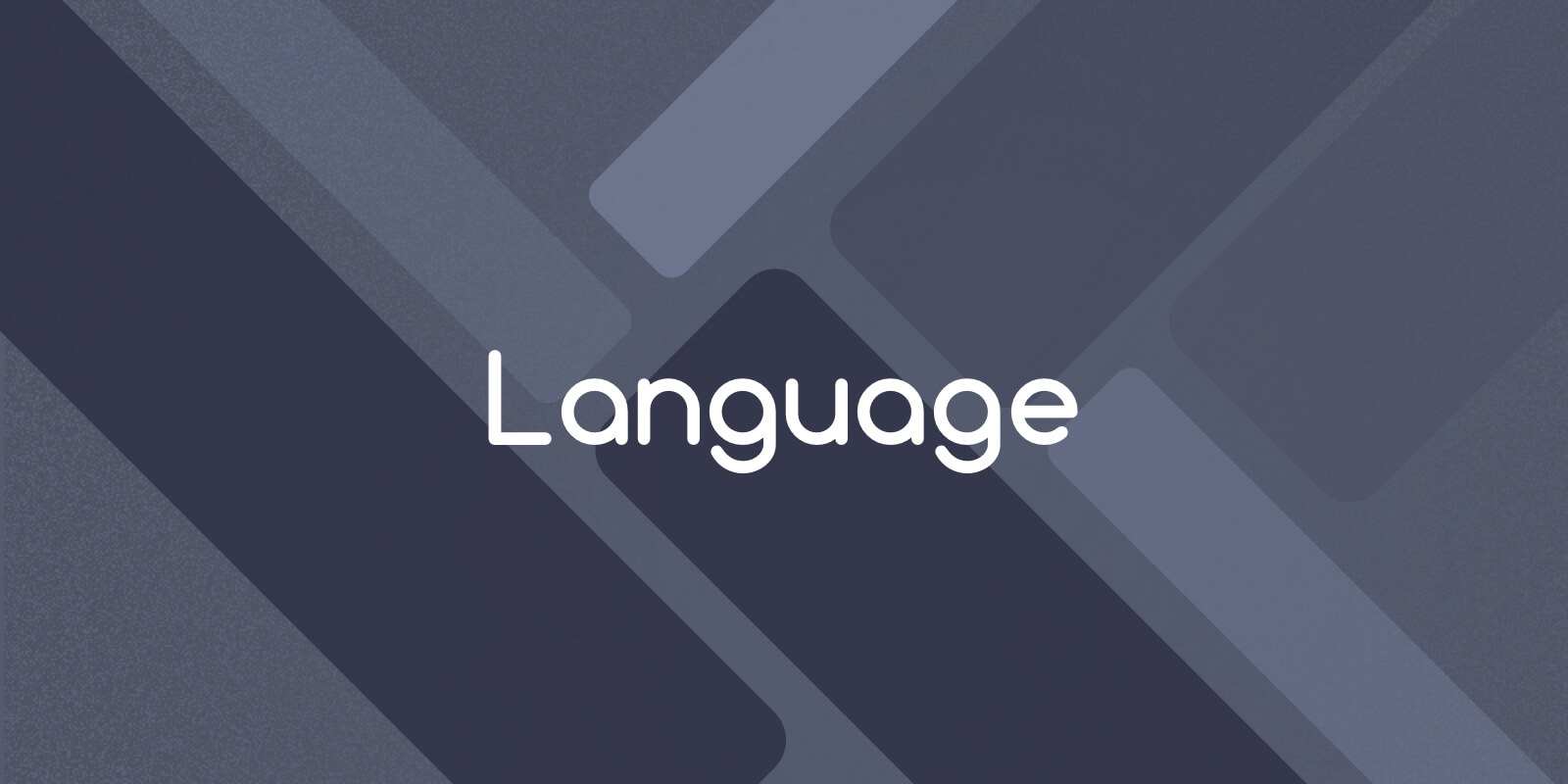People skills
***COVID-19 update: all services, including individual, group classes, and consultations, are provided online via Zoom videoconferencing. Insurance coverage for online services is the same as for in-office services. Learn more about online speech therapy here, or contact us for more information.***
What are people skills?
Working on people skills (aka social skills or social communication) is one of the most commonly requested goals at speech IRL. We work with many adults who identify as neurodiverse (diagnoses of autism spectrum disorder, “HFA” or Asperger’s, social communication disorder, PDD-NOS, and others), but the vast majority of our clients do not have any formal neuropsychological diagnosis.
People skills addresses:
- Difficulty reading or understanding other people
- Confusion about the seemingly “unwritten rules” of the social-professional world
- Social anxiety stemming from uncertainty about how to interact with people
- A tendency to overwhelm people or come across as too “intense”
- A tendency to come across as blunt, aloof, arrogant, uninterested, or aggressive
- Difficulty making meaningful, lasting personal connections
- Unintentionally coming across as creepy or weird
- Feeling like people just don’t make sense to you
- Difficulty with small talk and conversation in general
What happens in social communication therapy?
Working on social communication can be as targeted and technical as structured small talk practice or learning some basic science about human interaction. On the other end of the spectrum, it can be as broad as exploring how sensory needs impact face-to-face conversations and learning how to self-advocate when you are an atypical communicator.
Social communication work varies widely from person to person, but typically includes significant amounts of instruction on “social communication science” and LOTS of role-playing. Ever wished you could go back in time, replay a conversation, pause, and correct? Well, now you can, with real-time feedback. Job interviews, first dates, dinner parties, boardroom meetings, networking events, chatting with Uber drivers who insist on making conversation...
Will therapy cure my social communication issues?
Anxiety and confidence (or struggle with the latter) are major components of working through social communication questions. Our approach is focused on developing your knowledge and skills, giving you tools to step out into the world, while also creating a safe space for “soft landings” while things are still a work-in-progress. There is no such thing as perfect social communication, ever. The goal is to understand yourself and others enough to problem-solve your way through the myriad interpersonal interactions of life.
You may also be interested in:
“I am incredibly grateful for stumbling upon Speech IRL while looking for a resource to help me with my communication struggles. Communication in both the social and the professional settings has always been incredibly difficult. And as an adult I had a lot of trouble finding resources that specialized in the difficulties people like me experience. Speech IRL has changed my life and I only wish I had found them sooner. Working with Courtney has given me the voice that I’ve always had but I’ve never been able to express. I’ve practiced skills and learned strategies that have allowed me to connect with people socially and advance professionally. I can honestly say that before Speech IRL I was very skeptical as to whether anyone could help me overcome my barriers with communication and Courtney and Speech IRL have done that.”
G, professional

Chicago, IL
312.870.0352

Chicago, IL
312.870.0352

Chicago, IL
312.870.0352

Chicago, IL
312.870.0352


